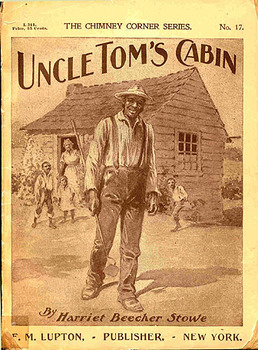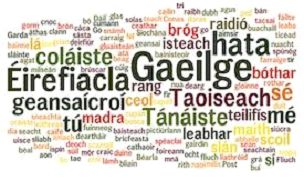| St Patrick's Day in New York |
This year, with St Patrick's Day falling on a Sunday, the Armagh, Banbridge and Craigavon Council moved its St Patrick's Day parade in Armagh from Sunday 17 March to Saturday 16 March, so that those who attended church on Sunday could share in the parade, either as participants or spectators.
The decision drew some adverse criticism and some media reports claimed that the Armagh event would be a day before parades in the rest of the world. The implication was that Armagh would be out of step with the rest of the world.
It's an argument that I first encountered a few years ago when It was suggested that the St Patrick's Day parade in Belfast be held on a Saturday in those years when 17 March was a Sunday. However it is an argument that simply untrue.
Of all the St Patrick's Day parades around the world, the largest and the oldest is the one in New York and this year it was held on Saturday 16 March, the same day as Armagh.
They have been holding St Patrick's Day parades in New York since 1762 and that is what they do when St Patrick's Day falls on a Sunday. They move the parade to the Saturday.
I'm not suggesting that we should copy every aspect of what happens in New York, because there is a very anti-British racism about some of what happens in New York.
However if Irish-Americans in New York can cope with moving the parade to the Saturday, perhaps their 'friends' in Ulster might consider it as well.










